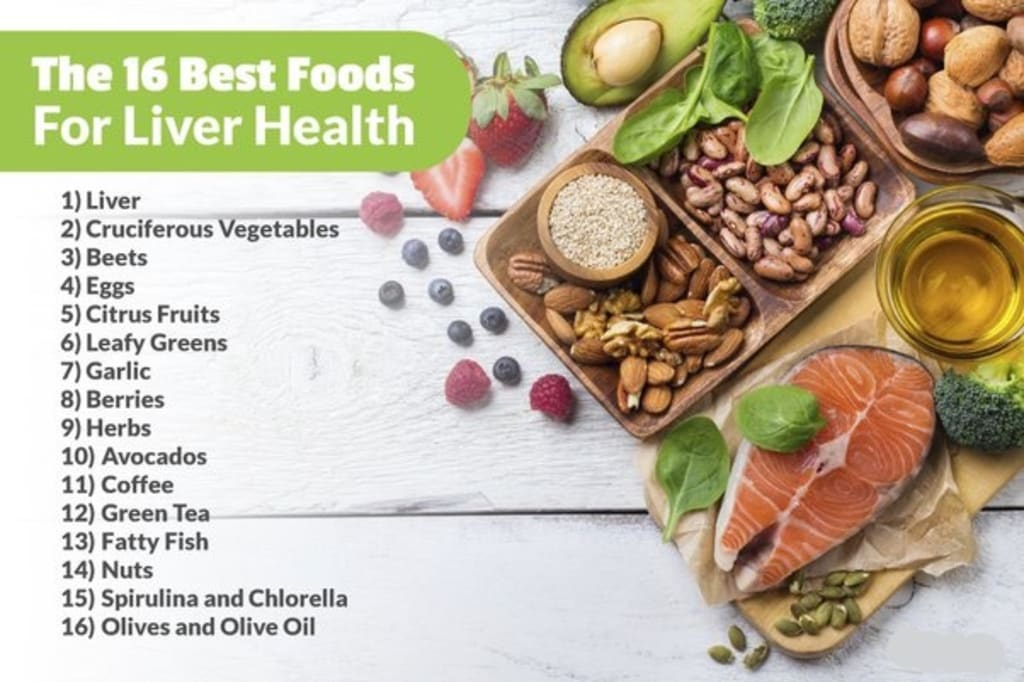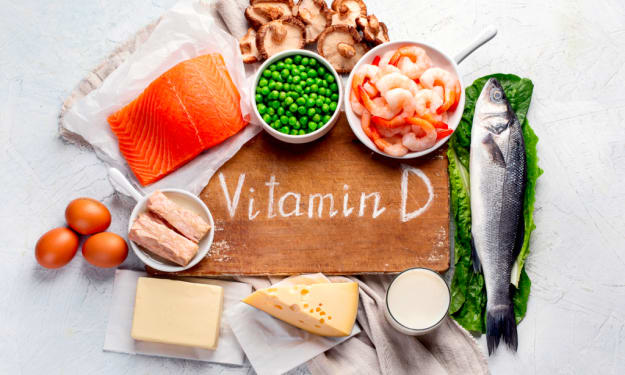Nonalcoholic Fatty Liver Disease: Causes, Symptoms, and Treatments
Discover the causes, symptoms, and treatments for nonalcoholic fatty liver disease (NAFLD). Improve your liver health through lifestyle changes and medications

Introduction:
Nonalcoholic Fatty Liver Disease (NAFLD) is a common condition that affects many people, especially those who are overweight or obese. It is a condition where there is an accumulation of fat in the liver that can cause inflammation and damage to the liver cells. In this blog post, we will discuss the causes, symptoms, and treatments of NAFLD.
Article Content:
A) What is Nonalcoholic Fatty Liver Disease (NAFLD)?
NAFLD is a condition where there is an accumulation of fat in the liver cells. It is a common condition, and it affects around 25% of the global population. NAFLD is mostly seen in people who are overweight or obese, have high cholesterol, or have high blood pressure.
B) Causes of Nonalcoholic Fatty Liver Disease:
There are many causes of NAFLD, and some of the most common ones are:
• Obesity
• High Cholesterol
• High Blood Pressure
• Type 2 Diabetes
• Metabolic Syndrome
C) Symptoms of Nonalcoholic Fatty Liver Disease:
The majority of individuals with nonalcoholic fatty liver disease (NAFLD) do not exhibit any noticeable symptoms. However, if you have the following symptoms, you should see a doctor:
• Fatigue
• Pain in the upper right abdomen
• Jaundice
• Swelling in the legs or abdomen
D) Treatments for Nonalcoholic Fatty Liver Disease:
The treatment of NAFLD is mainly based on the severity of the condition. In mild cases, lifestyle modifications are the first line of treatment. Weight reduction through dietary interventions and increased physical activity has shown to reduce liver fat, inflammation, and fibrosis. A diet consisting of high fiber, low-glycemic index carbohydrates, healthy fats, and limited amounts of red and processed meat has been recommended to improve NAFLD. In addition, regular exercise, at least 150 minutes of moderate-intensity aerobic activity per week, has been shown to improve liver function and reduce insulin resistance.
It is important to note that treatment for NAFLD requires a multidisciplinary approach involving a gastroenterologist or hepatologist, a registered dietitian, and a physical therapist. Regular follow-up with your healthcare provider is crucial to monitor the progression of the disease and the effectiveness of the treatment plan.
E) Best foods to include in your diet if you have NAFLD:
1) Leafy greens: Vegetables like spinach, kale, and collard greens are rich in vitamins and minerals that support liver function, such as vitamin C, vitamin K, and iron. They're also high in fiber, which can help you feel full and reduce cravings for unhealthy foods.
2) Cruciferous vegetables: Broccoli, cauliflower, Brussels sprouts, and cabbage are high in fiber and antioxidants that help support liver function.
3) Berries: Blueberries, raspberries, and strawberries are high in antioxidants that can reduce inflammation and oxidative stress, which are associated with liver disease.
4) Citrus fruits: Lemons, oranges, and grapefruits are high in vitamin C, which is essential for liver health. The antioxidant properties of Vitamin C can aid in reducing inflammation and oxidative stress.
5) Apples: Apples are high in fiber and antioxidants that can help reduce inflammation and oxidative stress.
6) Avocado: Avocado is high in healthy fats that can help reduce inflammation and oxidative stress. It also contains compounds that can protect liver cells from damage.
7) Beetroot: Beetroot contains compounds that help improve liver function and reduce inflammation. It also helps stimulate bile flow, which can improve digestion and detoxification.
8) Carrots: Carrots are high in fiber and antioxidants that can help reduce inflammation and oxidative stress.
9) Garlic: Garlic contains compounds that can help reduce inflammation and oxidative stress. It also contains sulfur compounds that can help stimulate liver function.
10) Turmeric: Turmeric contains curcumin, which has been shown to have anti-inflammatory and antioxidant properties. It can also help improve liver function and reduce the risk of liver disease.
11) Nuts and seeds: Almonds, walnuts, chia seeds, and flaxseeds are all high in healthy fats, fiber, and protein, making them a great addition to a balanced diet. They also contain antioxidants and other nutrients that support liver health.
12) Fish: Fatty fish like salmon, mackerel, and sardines are high in omega-3 fatty acids, which can reduce inflammation and improve insulin sensitivity. They're also a good source of protein, which can help you feel full and satisfied.
It's important to note that while these foods may be beneficial for managing nonalcoholic fatty liver disease, they should be consumed as part of a balanced and healthy diet. It's also important to consult with a healthcare professional for individualized dietary recommendations.
Conclusion:
Nonalcoholic Fatty Liver Disease is a common condition that affects many people. It is important to be aware of the causes, symptoms, and treatments of this condition. By making lifestyle changes and following your doctor's advice, you can improve your health and reduce your risk of developing NAFLD.
About the Creator
Rafeeq Ismail
Rafeeq Ismail(Civil Engineer) a seasoned writer producing quality content on a variety of topics such as Health &Fitness, Motivation, Sports etc. Dedicated to delivering well-researched, engaging articles that inform and entertain readers.






Comments
There are no comments for this story
Be the first to respond and start the conversation.